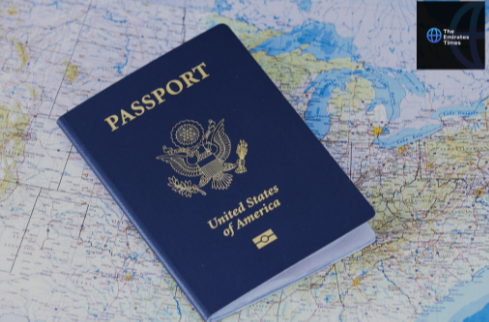Essentials of Nurses Immigration to Canada

Canada is known for its high standard of living and robust healthcare system, making it an attractive destination for nurses seeking new opportunities. The demand for qualified nursing professionals is significant. Nurses can prepare for their NCLEX exam and enroll themselves at a NCLEX testing center.
Here’s a comprehensive guide to the essentials of immigrating to Canada as a nurse.
1. Understanding Immigration Pathways
a. Express Entry System
The Express Entry system is one of the most popular pathways for skilled workers, including nurses. It consists of three main programs:
- Federal Skilled Worker Program (FSWP): Ideal for nurses with work experience and qualifications.
- Federal Skilled Trades Program (FSTP): For those with skills in specific trades (less common for nurses).
- Canadian Experience Class (CEC): For nurses who have gained work experience in Canada.
b. Provincial Nominee Programs (PNPs)
Each province in Canada has its own immigration programs that target specific labor shortages, including nursing. If a province nominates you, it can significantly enhance your chances of permanent residency.
2. Eligibility Requirements
a. Educational Qualifications
To immigrate as a nurse, you must have a nursing degree or diploma from a recognized institution.
b. Licensure and Registration
To practice as a nurse in Canada, you must be registered with the regulatory body in the province or territory where you intend to work. It involves:
- Credential Assessment: Have your educational credentials assessed by an approved agency, such as the National Nursing Assessment Service (NNAS).
- English or French Proficiency: Most provinces require proof of proficiency in English or French through recognized tests like IELTS or CELPIP for English, or TEF for French.
c. Work Experience
You will need to demonstrate relevant nursing work experience. The specific requirements can vary, but generally, at least one year of full-time (or equivalent part-time) work experience within the last five years is needed.
3. Gathering Required Documents
Collecting the necessary documents is critical for a successful application. Commonly required documents include:
- Valid Passport: Your passport must be valid for the duration of your application process.
- Educational Credential Assessment (ECA): A report from a recognized agency confirming the equivalence of your qualifications.
- Language Test Results: Proof of proficiency in English or French.
- Work Experience Letters: Detailed letters from previous employers outlining your roles and responsibilities.
4. Creating an Express Entry Profile
If you choose to apply through the Express Entry system, create an online profile on the Immigration, Refugees and Citizenship Canada (IRCC) website. You will be assigned a Comprehensive Ranking System (CRS) score based on age, education, work experience, and language skills.
5. Receiving an Invitation to Apply (ITA)
Candidates with the highest CRS scores receive Invitations to Apply (ITAs) during regular draws. Once you receive an ITA, you have 60 days to submit a complete application for permanent residency.
6. Health and Character Checks
As part of the immigration process, you will need to undergo medical examinations with approved panel physicians and provide police clearance certificates from countries where you have lived for six months or more in the past ten years.
7. Application Fees
Be prepared for application fees associated with your immigration process. This includes fees for the language tests, credential assessments, and the application for permanent residency.
8. Settlement Planning
Once your application is approved, begin planning your settlement in Canada:
- Research Job Opportunities
- Understand Living Costs
Immigrating to Canada as a nurse offers numerous opportunities for personal and professional growth. Get in touch with a well-known and reliable immigration consultant in Qatar.






